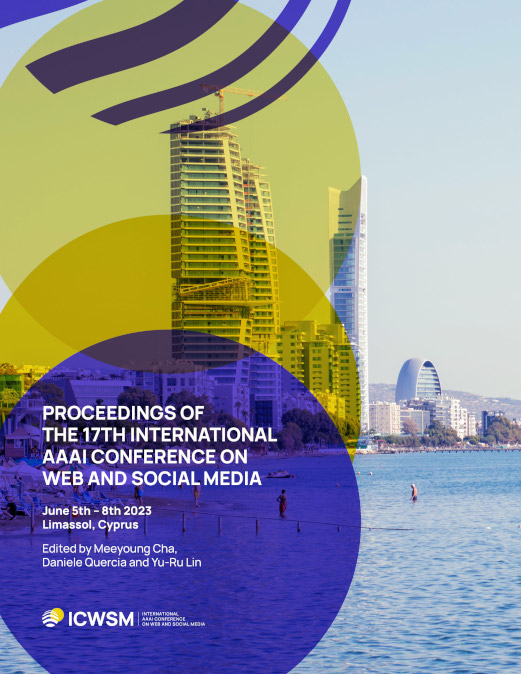Auditing Elon Musk’s Impact on Hate Speech and Bots
DOI:
https://doi.org/10.1609/icwsm.v17i1.22222Keywords:
, Qualitative and quantitative studies of social media, Subjectivity in textual data; sentiment analysis; polarity/opinion identification and extraction, linguistic analyses of social media behavior, Credibility of online contentAbstract
On October 27th, 2022, Elon Musk purchased Twitter, becoming its new CEO and firing many top executives in the process. Musk listed fewer restrictions on content moderation and removal of spam bots among his goals for the platform. Given findings of prior research on moderation and hate speech in online communities, the promise of less strict content moderation poses the concern that hate will rise on Twitter. We examine the levels of hate speech and prevalence of bots before and after Musk's acquisition of the platform. We find that hate speech rose dramatically upon Musk purchasing Twitter and the prevalence of most types of bots increased, while the prevalence of astroturf bots decreased.Downloads
Published
2023-06-02
How to Cite
Hickey, D., Schmitz, M., Fessler, D., Smaldino, P. E., Muric, G., & Burghardt, K. (2023). Auditing Elon Musk’s Impact on Hate Speech and Bots. Proceedings of the International AAAI Conference on Web and Social Media, 17(1), 1133-1137. https://doi.org/10.1609/icwsm.v17i1.22222
Issue
Section
Poster Papers

